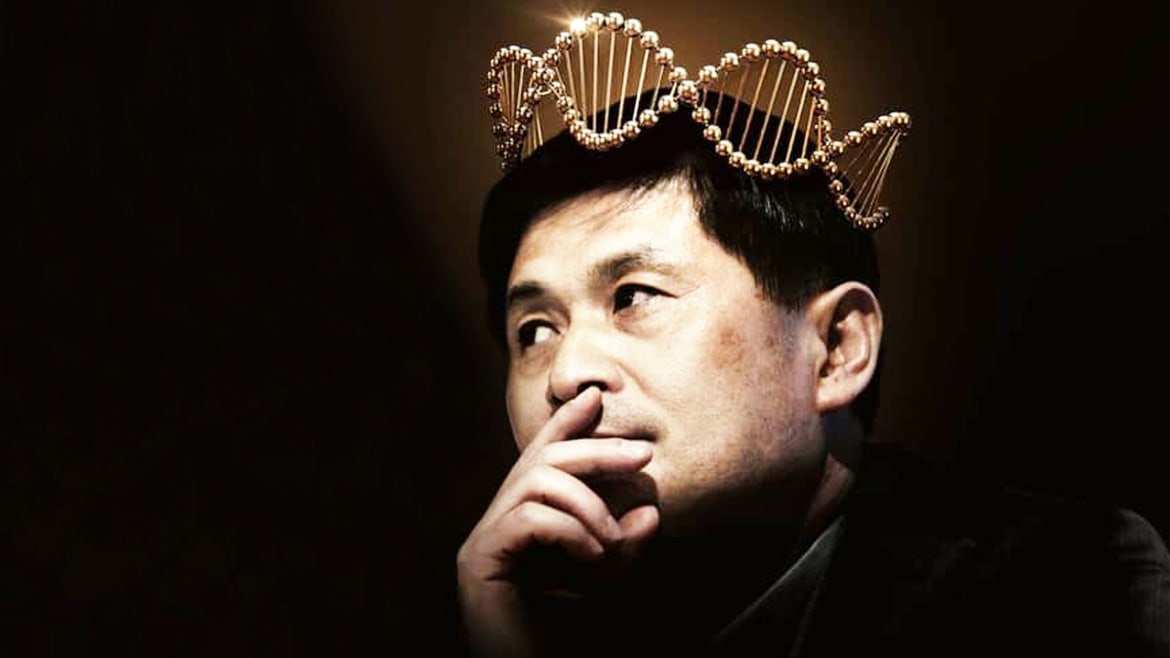Netflix
Cloning is, at heart, about the fear of death and the desire to defeat it. Consequently, biologist and researcher Dr. Hwang Woo-suk’s breakthroughs in the field made him not only a celebrated pioneer, but a veritable Christ-like figure, capable of not-so-figuratively bringing animals—and, potentially, people—back to life through the careful use and manipulation of stem cells. Playing God, however, is a delicate and dangerous business, and one that, as proven by King of Clones, requires not only intellectual genius, but a level of unimpeachable integrity that Hwang appears to have sorely lacked.
Aditya Thayi’s feature-length Netflix documentary (available now) is a primer on the rise and fall of Hwang, a former superstar who currently plies his genetics trade in the United Arab Emirates, cloning camels for the rich and powerful, who covet them for both their attractiveness and their racing prowess. Hwang himself participates throughout the film, providing a tour of his sparkling new facility and showing off his four-legged handiwork, which first made waves in the UAE when he cloned a legendary dark-skinned show camel named Mabrukan. According to Dr. Alex Tinson, the Australian director of research at the UAE’s Presidential Camel Center, Mabrukan was as large as a dinosaur and so striking that he was the first to receive a perfect-10 score at the national competition. Today, the UAE is home to 11 Mabrukans, each of them more or less identical to each other and their predecessor.
While there’s no way to make an exact replica of another creature (apparently, slight differences always exist), Hwang says that his clones are “genetic copies,” and he admits to feeling great pride whenever he witnesses the birth of a new clone. Such astonishment, though, commingles with subtle terror in King of Clones. From the outset, Thayi’s film likens Hwang to Dr. Frankenstein via clips from James Whale’s 1931 monster-movie classic—a comparison that Hwang himself seemingly dismisses, if only because no one has successfully recreated human life yet. That’s not for lack of trying, however, and the promise of doing so is what initially made Hwang a national hero and international scientific titan, replete with awards, support from South Korea’s president, and Time magazine naming him one of 2004’s “People Who Mattered.”

